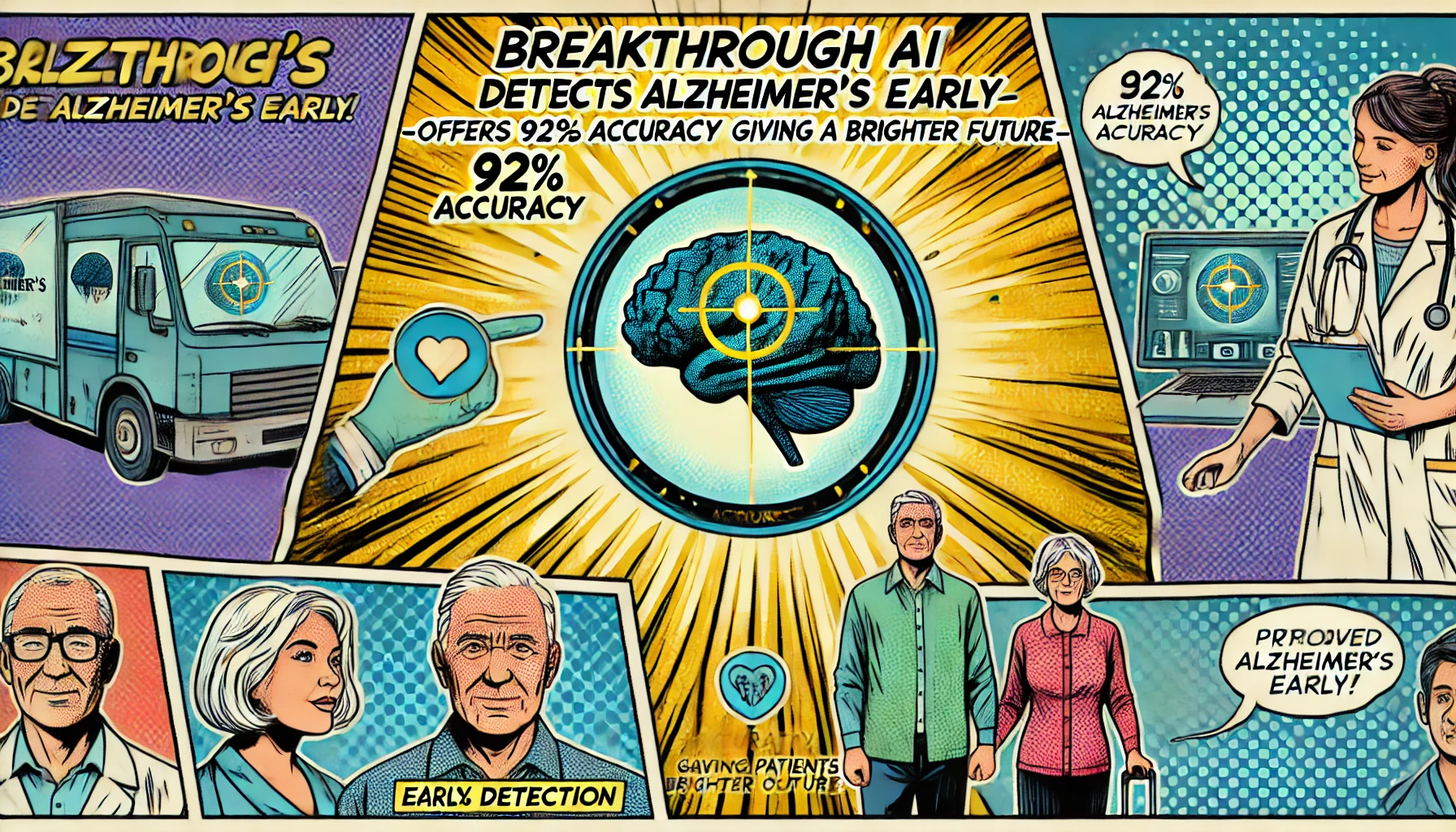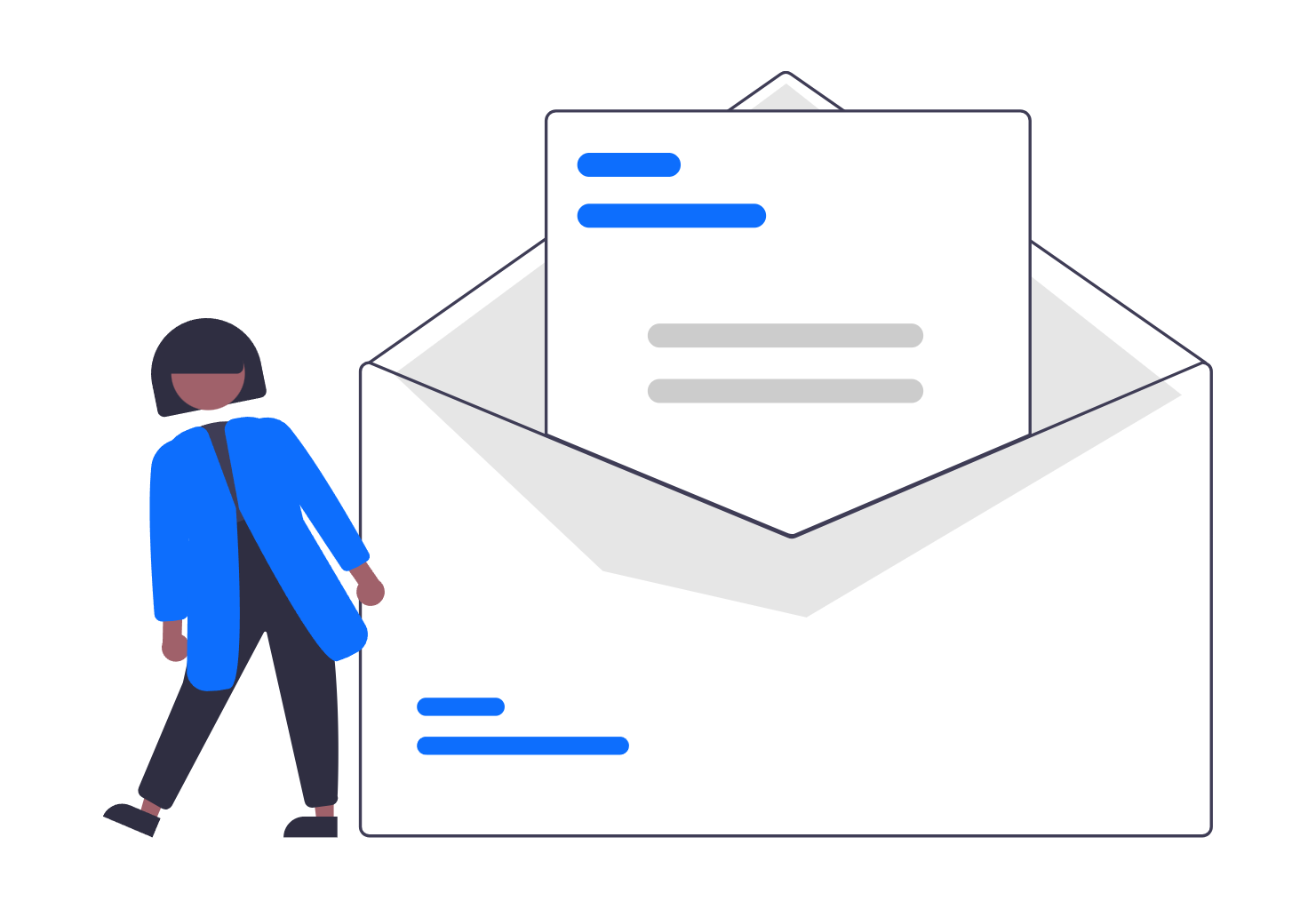
AI Tool Helps Doctors Catch Alzheimer’s Early, Study Finds
A new AI-powered tool is showing exciting results in helping doctors find signs of Alzheimer’s disease much earlier than before, according to a detailed report from MedTech Innovations in April 2025. This smart system uses artificial intelligence (AI) to scan brain images and review health data to detect early warning signs, even before people start to feel sick or notice memory problems.
Created by a team of medical experts and scientists from the United States, Canada, and Germany, the tool was tested in real hospitals with real patients. The results were impressive: it identified early signs of Alzheimer’s disease with more than 90% accuracy. That means doctors can begin helping patients sooner, offering treatments and care before symptoms get worse. Early action like this could help slow down the disease and improve a patient’s quality of life.
Alzheimer’s disease is a brain condition that affects memory, thinking, and behavior. It usually starts slowly, but over time, it can become very serious. Many people don’t realize they have Alzheimer’s until the symptoms are strong, like forgetting names, getting lost easily, or not being able to do everyday tasks. By then, it’s harder to treat.
In the past, doctors used memory tests, interviews, and expensive brain scans to check for Alzheimer’s. Even then, it wasn’t always clear if someone had the disease. Now, scientists are using AI to help make these decisions more accurate. AI can find small, early changes in brain scans that are hard for doctors to see. This new tool is one of the first that focuses just on finding Alzheimer’s early, before the symptoms begin.
Key Facts & Details
What the AI Tool Can Do:
- Finds Early Signs of Alzheimer’s: The tool looks at brain scans and finds tiny changes that often happen years before symptoms appear. These changes are easy to miss with the human eye, but not for AI.
- Uses Many Types of Health Info: The system also checks a patient’s family history, medical records, test results, and even their genetic data. This gives doctors a better view of the whole health picture.
- Quick and Accurate: The AI gives results in just a few minutes and was right over 90% of the time in clinical trials.
- Supports Doctors: Instead of replacing doctors, the AI works alongside them. It helps doctors understand the results and make better choices about what to do next.
What the Experts Say: “This tool gives us a better chance to help patients early,” said Dr. Elena Fischer, the lead researcher from Germany. “We don’t have a cure for Alzheimer’s yet, but catching it early lets us offer treatments that can slow it down.”
Dr. Mark Reynolds, a brain specialist in Toronto, added, “This could be a game-changer in how we care for older adults. The earlier we know, the more we can do.”
Important Numbers from the Study:
- 1,200 patients from three countries were part of the study.
- The AI tool had a 92% success rate in spotting early Alzheimer’s.
- It made the diagnosis process 60% faster than older methods.
- Hospitals using the tool reported a 40% improvement in early treatment planning.
- 87% of doctors who tested the system said it helped them make more confident decisions.
Analysis & Impact
How This Could Help Healthcare:
- Earlier Help for Patients: The earlier someone knows they have Alzheimer’s, the sooner they can start treatment. Early action can slow the disease and give patients more time to enjoy daily life.
- Better Support for Families: Knowing early helps families plan for the future and give the support their loved one needs.
- Faster and Smarter Hospitals: The AI tool makes it quicker and easier to find Alzheimer’s, helping hospitals save time and treat more people.
- New Hope for Research: The tool’s results could also help scientists study the disease and develop better treatments in the future.
Things to Think About:
- Cost and Availability: Some hospitals and clinics may not have the money or technology to use this AI tool yet. It may take time before it’s available everywhere.
- Protecting Personal Data: The tool looks at private health information, so strong rules are needed to keep that data safe.
- Training Medical Staff: Doctors and nurses will need training to learn how to use the tool and understand its results. Some may be unsure about trusting AI.
- Fair Access for All: It’s important that everyone, no matter where they live or how much money they have, gets the chance to benefit from this tool.
Resources & References
- MedTech Innovations – 2025 AI in Alzheimer’s Detection Report
- Mayo Clinic – Early Signs of Alzheimer’s Disease
- World Health Organization (WHO) – Alzheimer’s Facts and Figures
- Nature Medicine – Research on AI Brain Scan Tools
- HealthTech Magazine – The Future of AI in Hospitals
- Alzheimer’s Association – Living Well with Alzheimer’s
This AI-powered tool is an exciting example of how technology is changing healthcare. By finding Alzheimer’s early, it gives doctors, patients, and families more time to act. It could make a big difference in how we care for people with memory loss. But we need to make sure the tool is safe, fair, and available to everyone who needs it.
Would you trust a computer to help diagnose your health? What other diseases do you think AI could help catch early? Tell us your thoughts in the comments, and don’t forget to subscribe for more updates on how AI is improving health around the world!


